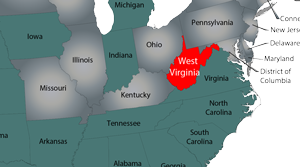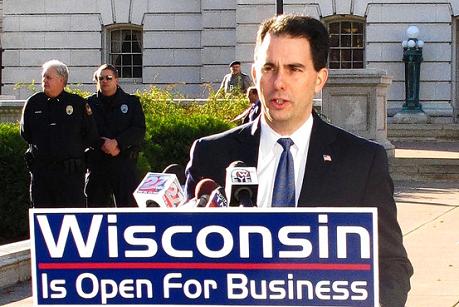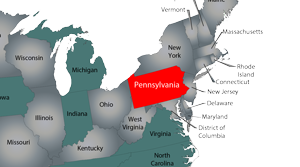Union Hack Richard Griffin Closer to NLRB General Counsel Job
Big Labor lawyer one step closer to becoming NLRB’s chief lawyer, from the Hill: President Obama’s controversial nomination of Richard Griffin, Jr. for general counsel of the National Labor Relations Board was voted out of committee without a hearing, and…





